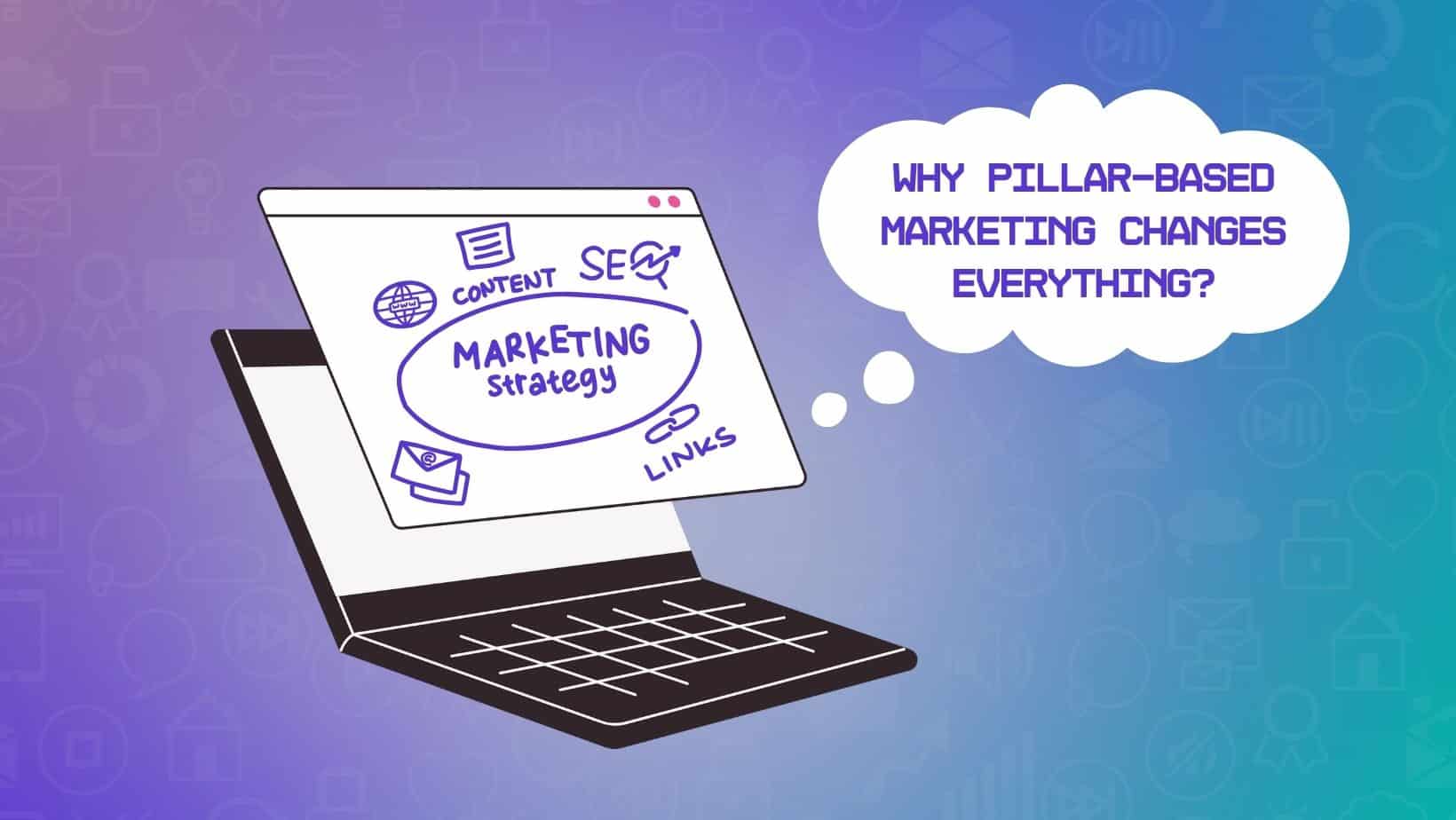We all have different ways of measuring successful outcomes. But one place where common ground exists on the pathway to career advancement, is that it starts with defining your why.
Looking critically at what you do means asking yourself three important questions:
- What do I want to do?
- How will I accomplish it?; and
- Why do it at all?
That last one, earnestly asking yourself “Why?” and giving yourself an honest answer, is one of the most simple but valuable exercises you will encounter as a successful professional.
Just beneath the surface is a nugget of truth so central to the fabric of being you that all of your business decisions should be based on a foundation of knowing it.

4 Questions on the Road to ‘Why?’
Some researchers believe that a lack of purpose is causing unprecedented attrition in today’s workplace. Findings from a Deloitte study confirm 65% of employees consider themselves “job testing,” while Gallup suggests 87% of workers feel disengaged from their employment.
You can’t address the issue of purpose without looking to Millennials who will soon comprise 75% of the workforce. The tides are shifting, and young people are looking to make an impact if they are to be satisfied. They are not sold on the idea of “just getting by”.
Here are four questions today’s employees should be examining if they are going to find their purpose:
What Do You Naturally Excel At?
Self-fulfillment expert, Sir Ken Robinson, suggests in his book The Element, finding your element means allowing your natural talent and passion to color your career choices.
Some additional questions that may help you define what your innate abilities are, include:
- What am I good at?
- What do I enjoy doing?
- Am I creative? Strategic? Analytical? Other traits?
- Am I good at giving people what they want?
- Or am I a nonconformist with unconventional ideas to fix a broken system?
The possibilities of where you should focus your interest vary from person to person. One way to narrow down what may be important to your core values is to learn what soft skills you excel at via personality assessment.
Where Do You Create Value?
If you have an idea of where your natural talents lie, next you need to decide where you can create value in life. For instance, ask yourself questions like: Are you better working for someone else or working for yourself?
Being good at something is only half the battle. Pouring yourself into something you are good at, but doesn’t bring you happiness, is not a recipe for creating value in your life or for an employer.
A good exercise in creating value is deciding what problem you’d like to solve. What solutions can you bring to the table the easiest? What solutions are going to be the most fulfilling?
What Inspires You?
Uncovering your purpose means giving in to that which inspires you and makes you feel renewed. Learning about your inspirational drivers is all about connecting with a deeper purpose in life.
It doesn’t mean you have to set out to be the top dog, a name people recognize or even someone who gets a good degree of credit and prestige. Instead, determining what inspires you means scaffolding your talent as part of a larger picture.
Inspiration might include statements like, “I want to be a published writer because I have an interesting perspective that can help others.” Or “I want to be a journalist because I think media plays an important role in today’s society, and freedom of speech is important to me.”
Think big picture.
How Do You Measure Success?
Finally, to whittle down your purpose to the most simplified terms, you need to set out with a concrete idea of how you will measure fulfillment and success in life.
The obvious end-game for many people in the workforce is financial gain, prosperity and status. But when you scratch beneath the veneer there are usually deeper reasons that inform our behavior.
In the end, measuring success doesn’t need to be a landmark milestone like curing an epidemic illness or rising to the level of CEO. It’s not uncommon to find yourself at the precipice of a much more nuanced answer like “achieving work-life balance,” or “leading a long, healthy, low-stress, high reward life.”
Writing Your Why Statement
There’s science to reinforce the idea that our brains are hardwired to respond better to goals when they are written down. As they say, you want to keep your purpose “top of mind” and you can do that by putting it in the form of a why statement.
Here are some ideas for writing a why statement that you can proudly display on your LinkedIn summary — ProTip!
- Keep it simple: your why statement should be as clean, clear and well-defined as your purpose in life
- Make it action-oriented: it goes without saying your purpose statement should be something you can reasonably act upon — keeping the language focused on what you can accomplish makes it easier to define and deliver on success
- Focus on value: as discussed above, you’ve already determined what value you can offer, focus your statement on that
- Be authentic: express your statement in an affirmative, authoritative way that makes sense for your personality if you want it to resonate
Your why statement shouldn’t be very long or use overly formal or flowery language. Reduce fluff by sticking to the four steps above.
Final Thoughts: Why Ask Why?
In a changing workforce where employees are more often finding themselves wading, unfulfilled, through the murky waters of their workday, having a written why statement offers clarity of purpose.
Employees and business owners, alike, should explore their why motivation. And employers must ask their employees to do the same if they want to avoid attrition from job-hopping employees.
Getting to the bottom of your why early in your career has a number of benefits:
- Better, more immediate results
- Increased motivation and inspiration
- Less chance for distraction
- Clear opportunities and outcomes; and
- Freedom and flexibility
Establish your why by asking yourself the above important questions today.





